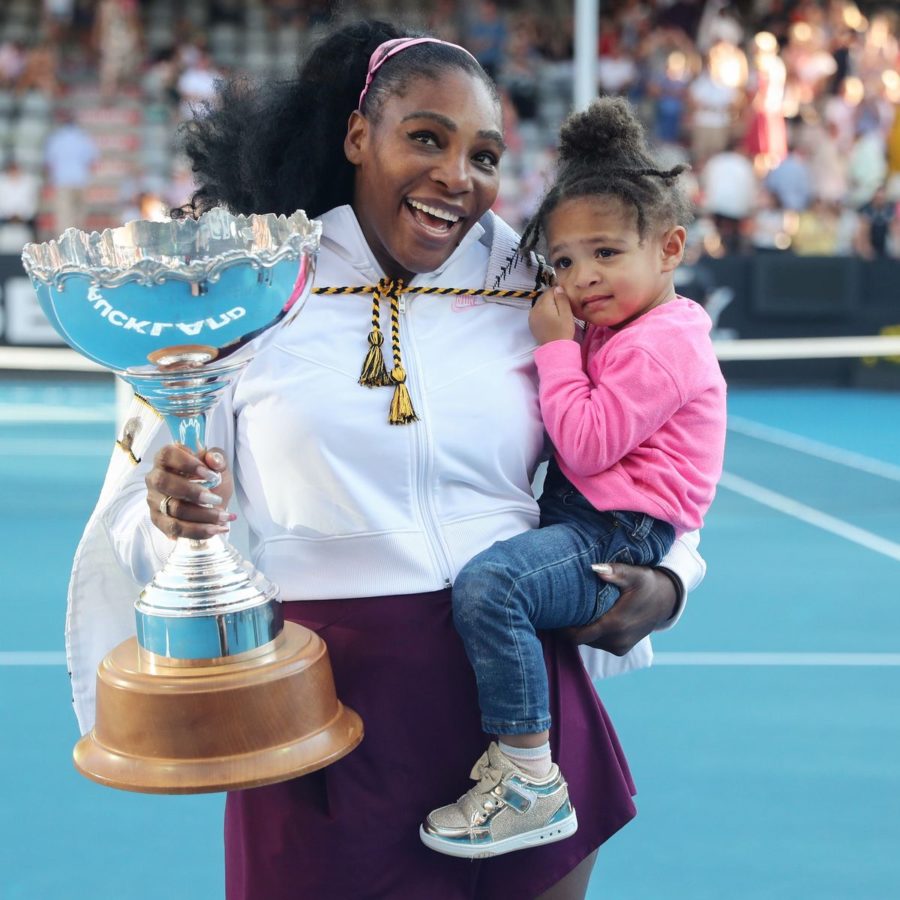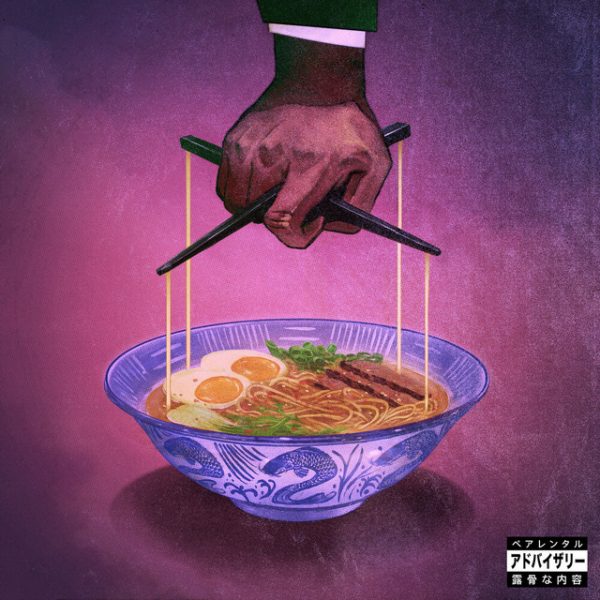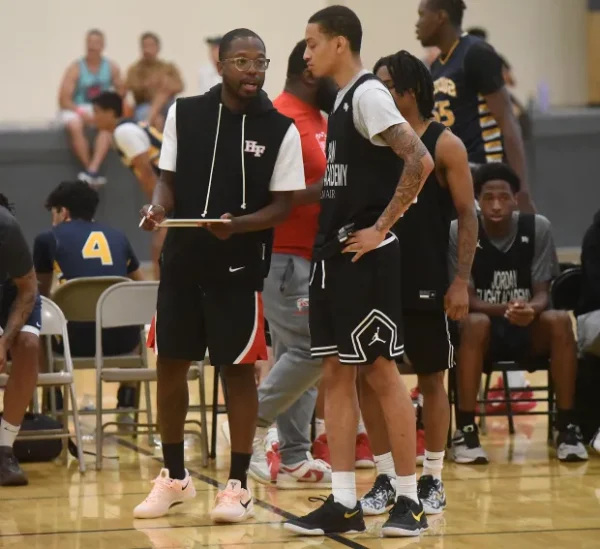Why Do Athletes Retire After Becoming Moms?
Serena Williams with her daughter, Olympia
Early this August, icon Serena Williams announced her retirement in an article with Vogue. Her reasoning? She wants to expand her family.
Williams stated, ¨Believe me, I never wanted to have to choose between tennis and a family. I don’t think it’s fair. If I were a guy, I wouldn’t be writing this because I’d be out there playing and winning while my wife was doing the physical labor of expanding our family.¨
This brings up an important conversation about women in sports. Going back to the extreme routine that athletes go through every day it is hard enough to go through all of that postpartum, not to mention dealing with criticism from outsiders.
“Your body is literally changing for nine months, and you can’t just expect it to go back to normal. On top of that, you’re dealing with a completely new life and raising a newborn.” Alex Morgan talked about her experience going back to playing soccer after having her daughter.
“It was almost to me unfair that I was having to basically contemplate the end of my career just to have a family. Soccer is my calling and my passion. Do I potentially have to end it early to kind of start the next chapter?” Morgan wrote. This is a conversation many female athletes are forced to have.
Athletes are told that to be good mothers, they can’t continue their careers. In an article written by The Open University, it states, ¨Dated cultural norms continue to persist, which fundamentally pit being an athlete against being a good mother.¨
Another issue at hand is the fallout from endorsements once female athletes announce their pregnancy.
Allyson Felix was famously dropped from Nike after announcing that she was pregnant. She was offered a 75% pay cut to continue working with them after having her daughter in 2018.
¨Athletes are told to shut up and play. We are told that no one cares about our politics. We are told that we’re just entertainers, so run fast, jump high, and throw far. And don’t mess up. But pregnancy is not messing up; for women it can and should be able to be part of a thriving professional athletic care,¨ Felix discussed in an article in the New York Times.
But she isn’t the only one that has dealt with this issue with Nike.
Alysia Montaño was told that in order to get payment from Nike, she had to continue her rigorous 120-mile-a-week runs right after giving birth to her son Colt. He then got extremely ill after birth.
“I felt like I had to leave him in the hospital, just to get out there and run, instead of being with him like a normal mom would. I’ll never forgive myself for that.” Montaño writes.
The sports industry has grown so much over the years in diversity and support for women but there are still ways to go in learning how to support athletic mothers.












Gina LoGalbo • Oct 3, 2022 at 3:23 pm
This is such an important topic to cover. Awesome job, Grace!